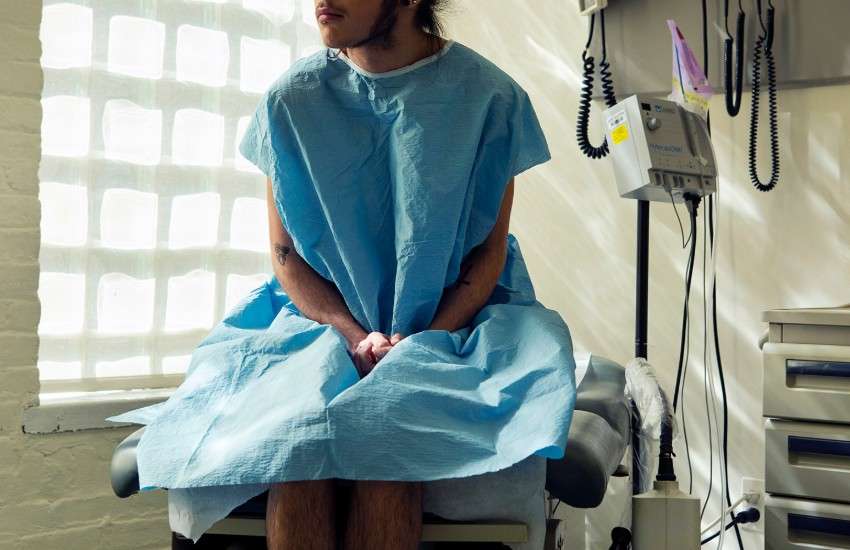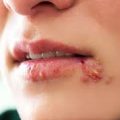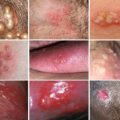Genital herpes is a sexually transmitted disease caused by two types of viruses namely herpes simplex type 1 and herpes simplex type 2 which are both transmitted by having sexual contact (vaginal, anal, or oral sex) with an infected individual. According to the Center for Disease Control (CDC), about one in every six people aged 14 to 49 years have genital herpes in the United States, while the World Health Organization (WHO), estimates that about 140 million people primarily in the Americas, Europe, and Western Pacific aged between 15-49 years are infected with the HSV-1 virus.
How Herpes Outbreak Develops
Genital herpes spreads through sexual relationships which could either be oral, vaginal, or anal sex with someone who has the disease. Primarily the disease spreads as a result of coming in contact with body fluids of an infected person. Unfortunately, most infected individuals do not know they are carrying the virus until major symptoms start manifesting. Once entry into the body via the skin is perfected, the virus travels along nerve paths and could either become dormant (inactive) and remain within the nerves indefinitely or become active from time to time leading to the development of clinical symptoms.
What Does Herpes Look Like?
As a result of its unique characteristics, herpes symptoms in men come and go over a person’s lifetime due to the tendency of the virus to switch between active and dormant modes periodically. Genital herpes outbreak is characterized by tingling, painful urination and burning or itching sensation in the area where blisters will appear on the penis. The first outbreak will appear as early as two days after you contracted the virus, or as late as 30 days afterward. The appearance or pictures of herpes on genitals is similar to outbreaks on other parts of the body.
Genital herpes cannot be cured. Antiviral medicine (acyclovir and related drugs) may relieve pain and discomfort and help the outbreak go away faster. It may also reduce the number of outbreaks. Follow your provider’s instructions about how to take this medicine if it has been prescribed.
Treatment of Herpes Outbreak
There is currently no cure for genital herpes, but the condition can be managed with medication. Genital herpes outbreaks including those on the penis can happen when you become stressed, sick, or tired. Your doctor will help you come up with a treatment plan that will help you manage your outbreaks.
Prevention
HSV-1 is most contagious during an outbreak of symptomatic oral herpes, but can also be transmitted when no symptoms are felt or visible. People with active symptoms of oral herpes should avoid oral contact with others and share objects that have contact with saliva. They should also abstain from oral sex, to avoid transmitting herpes to the genitals of a sexual partner. Individuals with symptoms of genital herpes should abstain from sexual activity whilst experiencing any of the symptoms.
People who already have HSV-1 infection are not at risk of getting it again, but they are still at risk of acquiring herpes simplex virus type 2 (HSV-2) genital infection (see below).
The consistent and correct use of condoms can help to prevent the spread of genital herpes. However, condoms can only reduce the risk of infection, as outbreaks of genital herpes can occur in areas not covered by a condom.
Pregnant women with symptoms of genital herpes should inform their health care providers. Preventing the acquisition of a new genital herpes infection is particularly important for women in late pregnancy, as this is when the risk for neonatal herpes is greatest.
Additional research is underway to develop more effective prevention methods against HSV infection, such as vaccines. Several candidate HSV vaccines are currently being studied. See: How long does a herpes outbreak last without medicine






